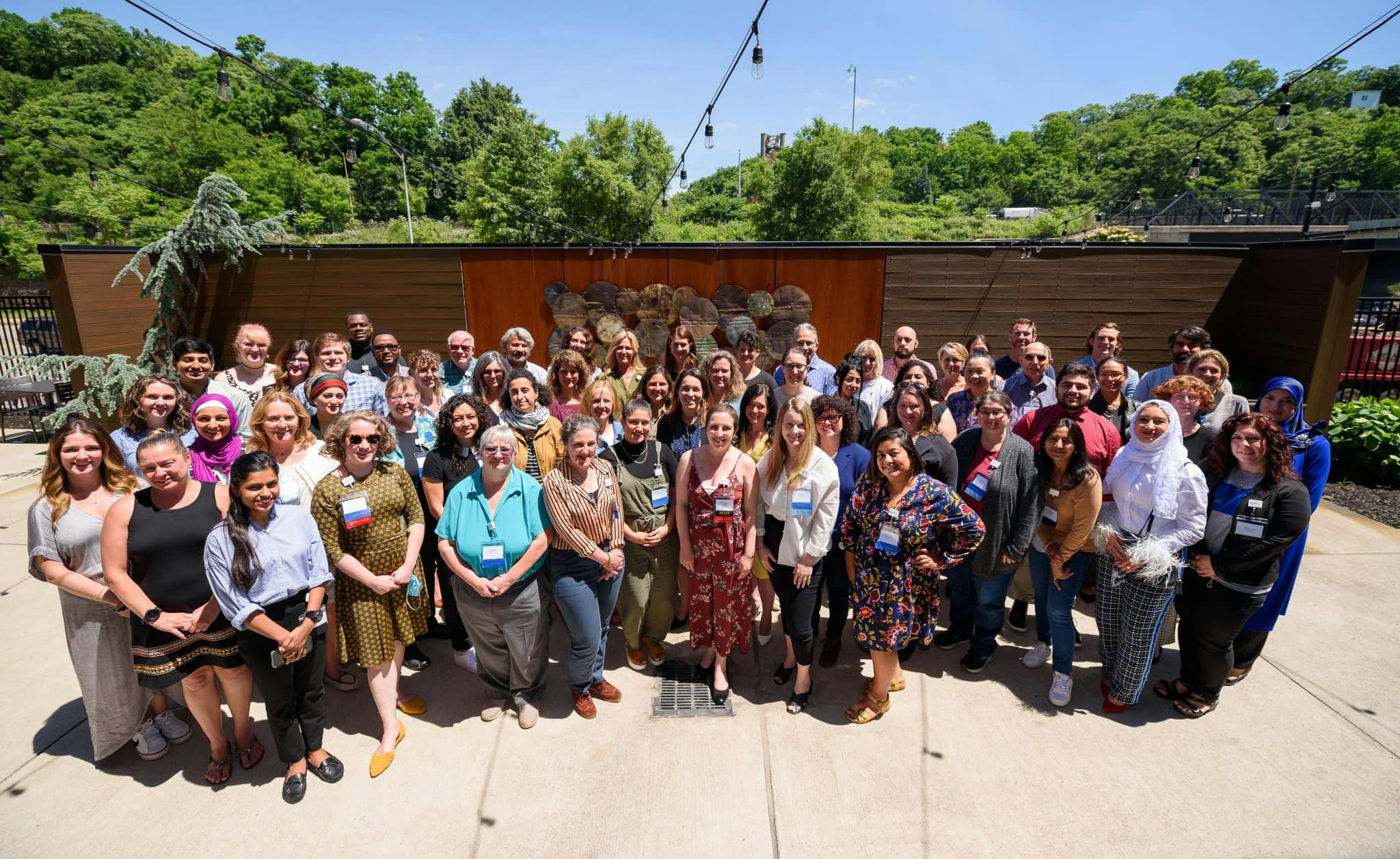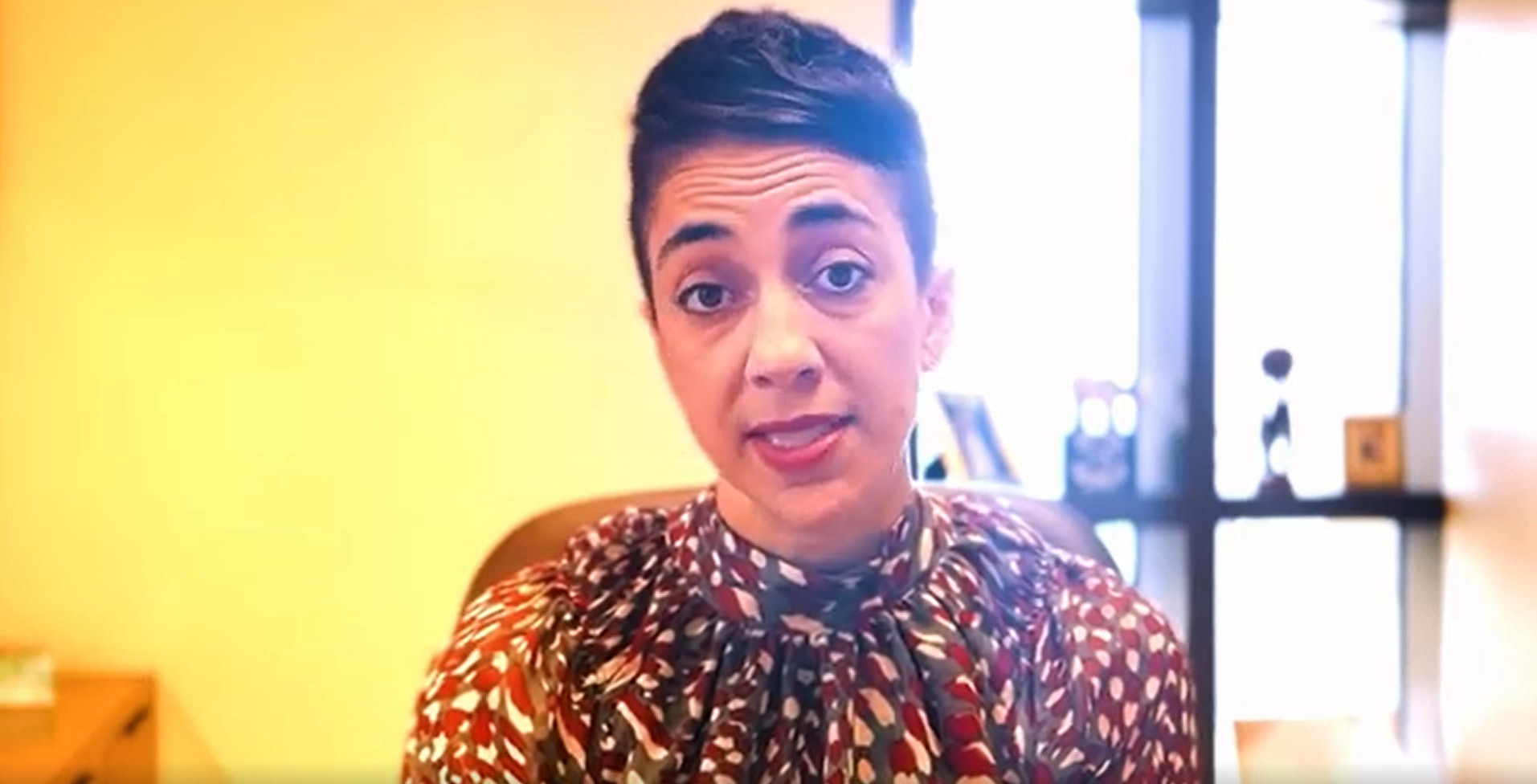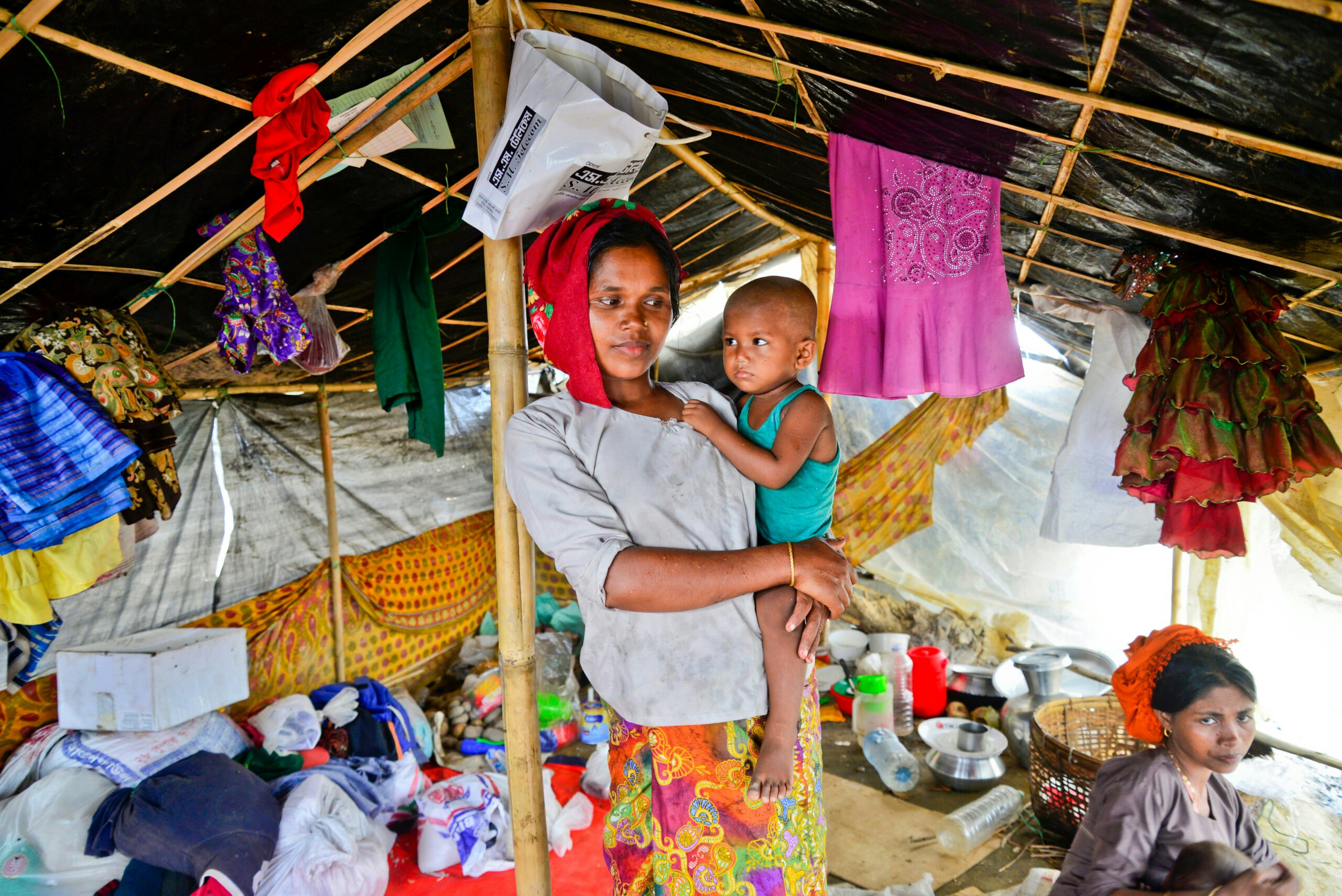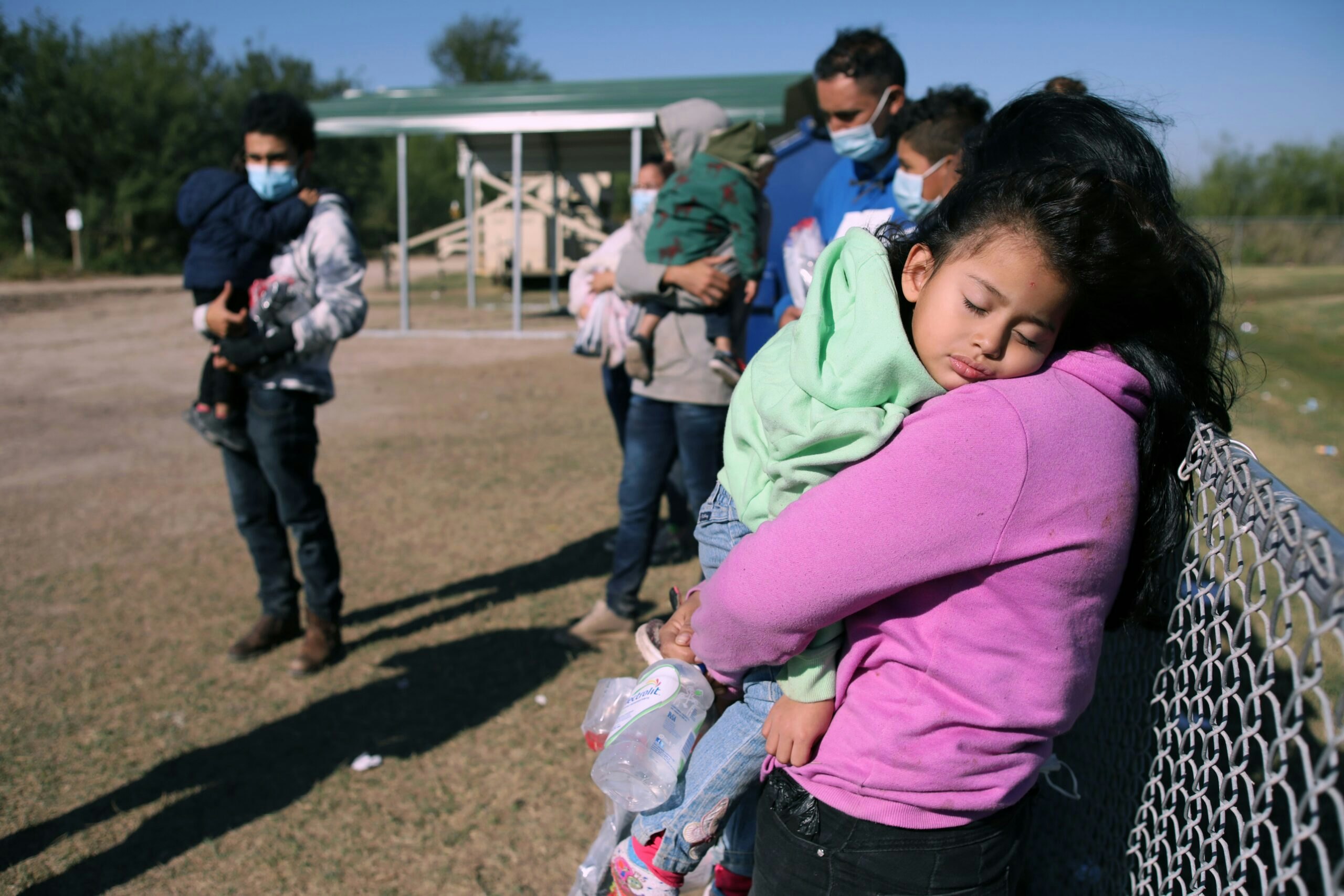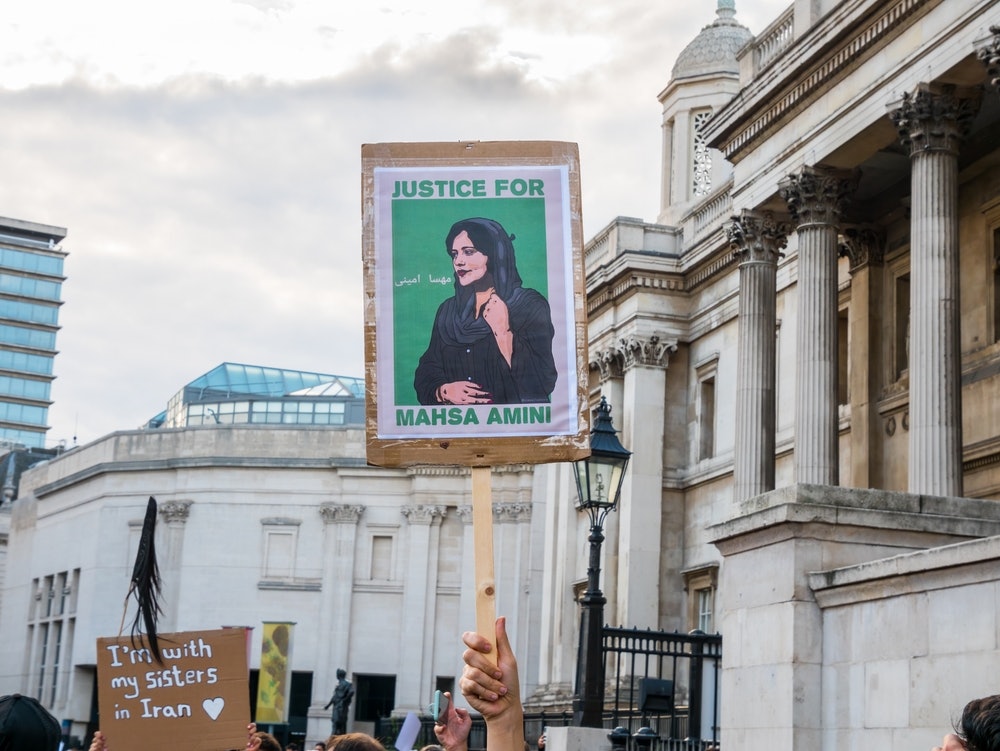One year ago today, Taliban militants ambushed a bus full of schoolgirls in Swat, Pakistan, a remote, mountain region near the Afghan border. ...
One year ago today, Taliban militants ambushed a bus full of schoolgirls in Swat, Pakistan, a remote, mountain region near the Afghan border. Their target was Malala Yousafzai, a 15-year old student, blogger and activist for girls’ education. The young militants opened fire on the bus, shooting Malala in the head and neck, wounding two others and leaving them for dead.
Last year’s attack aimed to silence Malala forever, but it did not. She survived and has continued her advocacy on a global stage. Malala wants the world to know that girls’ education benefits everyone. By ensuring that girls have access to education, a country can reduce mortality and fertility rates, increase lifetime wage earnings and national GDP, strengthen democracy and reduce violent extremism.
In July 2013, on her 16th birthday, Malala addressed the United Nations General Assembly:
“We must not forget that millions of people are suffering from poverty, injustice and ignorance. We must not forget that millions of children are out of schools. We must not forget that our sisters and brothers are waiting for a bright peaceful future. So let us wage a global struggle against illiteracy, poverty and terrorism and let us pick up our books and pens. They are our most powerful weapons.”
Malala’s story and message remind us that some girls face death simply for wanting to go to school. In Afghanistan, terrorist groups continue to threaten and attack students, teachers and advocates for girls’ education and women’s rights. Since 2001, significant gains have been made in female enrollment in school; but these gains remain fragile in light of the upcoming political and security changes of 2014.
The Bush Institute stands in solidarity with Malala, and echoes her call to prioritize girls’ access to education. In Afghanistan, the health, security and longtime stability of the country depends on whether or not we continue to support the education of women and girls.
To read more about girls’ education in Afghanistan, click HERE







